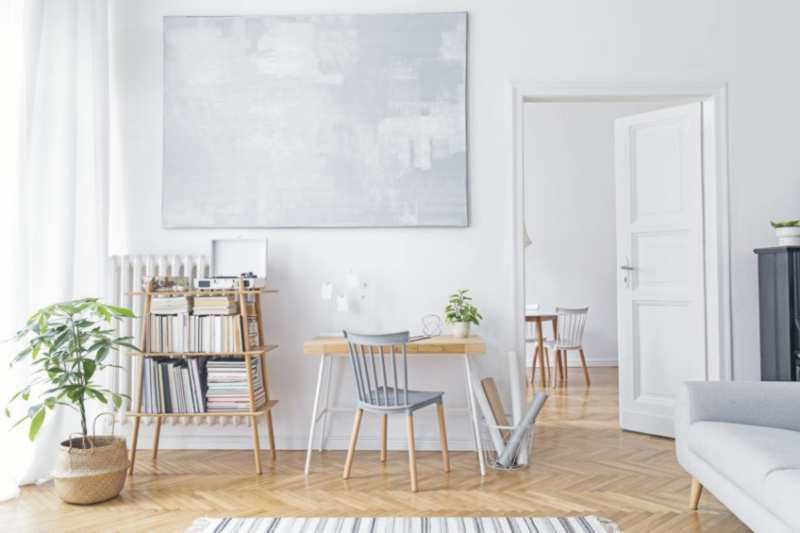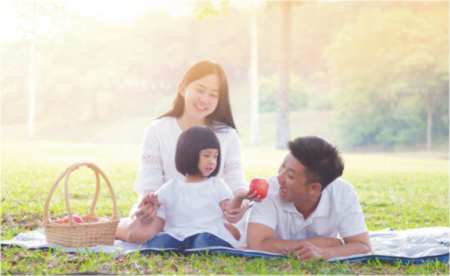
Many of us have heard about minimalism. We also understand that people use it with the intent to improve their lives. But many people are not sure how you can improve your life by getting rid of things. One good way to know how this works is to know two things. The first is to know what minimalism is. The second is to understand the philosophy behind minimalism.
What is Minimalism
There are many phrases that people use to define minimalism. Here are some of them:
Focusing on your life's purpose by removing whatever distracts you from it.
Minimizing useless stuff
Getting rid of things that add no value to your life.
Focusing on what matters by removing what does not.
Like other systems, minimalism is a tool for improving your life. This means helping you to live a happy and fulfilling life. But as you notice, minimalism is about removing things instead of adding them. To many people, this is counterintuitive. But it makes sense if you understand the philosophy behind minimalism.
The key to understanding this philosophy is to know what we need for a happy and fulfilling life. We must also know how to meet these needs.
To be happy and fulfilled, we must meet our physical and emotional needs.
We all have physical and emotional needs. Also, we must meet all our physical needs and at least some of our emotional needs to be happy. Our physical needs are the following:
Sustenance (nutrition, hydration, and oxygen)
Protection from the elements (shelter and clothing)
Health and sanitation (toiletries, healthcare, etc.)
The means to get the above (source of income, etc.)
You need to meet all these physical needs before you can be happy. For example, it's hard to be happy if you are starving to death or dying of exposure. Also, if you meet all your physical needs, you experience comfort. But comfort by itself is not always enough to make you happy.
Once you meet all your physical needs, adding extra will not make you more comfortable.
You have to meet your physical needs to be comfortable. But going overboard will not add to your comfort. Here are some examples to illustrate this:
Example 1:
If your room is at the right temperature, then making it warmer will not add comfort. Making it cooler wouldn't work either.
Example 2:
If your stomach is full, eating more will not add comfort.
Example 3:
If you are comfortable sleeping on a full-size bed, then you don't need a king size.
In the third example, you don't need to switch to a full-size bed if you already own a king size. That is unless you need the extra room space more than you need the money for a full-size bed. But you don't need to overdo it on meeting your comfort needs.
So if your current car is reliable, comfortable, and safe, you don't need one that is three times as expensive. In fact, the more expensive car is likely to make you less comfortable. This is from the extra financial burden that will leave you less money for other things.
It is no surprise that beyond the point of comfort, happiness does not increase with income.
Use the minimum resources for comfort. Use the rest for your emotional needs.
There is no point in going to excess when meeting your physical needs. The rest spent on these needs would be a waste. So by using the minimum for your comfort needs, you will have more resources for your emotional needs. Your happiness comes when you meet your emotional needs. Here are the things that help to meet your emotional needs:
Spending time with the people who you enjoy being around
This includes the time spent with friends and beloved family members. Good company can make for great enjoyment.
Doing and experiencing things that you enjoy
These can be many things from hobbies to entertainment to vacations. These bring fun and beauty into your life.
Doing things that make you feel good about yourself
Feeling good about yourself often brings satisfaction and fulfillment. You can do things for yourself or for others to feel better about yourself. Things to do for yourself include working on your self-improvement and goals. Things that you do for others include giving to charities or giving direct help to others.
Having moments of calm and inner peace
Moments of calm and inner peace give you a chance to relax. Being in tranquil surroundings is helpful for these moments. Also, you can experience calm and inner peace from many activities. The activities include things such as listening to music, meditating, or nature walks.
Recognizing the good things in your life
Some people call this a sense of gratitude. Some call it counting your blessings. This is where you acknowledge to yourself that your life is good. It is very important to your happiness and sense of well-being.
You can do each of these activities on its own or in combination. For example, you can do things you enjoy while spending time with friends. Also, none of the emotional needs include material possessions. Now you might need material possessions for some activities that fulfill these needs. But it is the activities and not the possessions that fulfill the needs.
You will notice that they all demand time. So wasting less time on unnecessary things will leave you more time for your emotional needs.

If you are comfortable, you have all the material possessions for your physical needs.
This is one of the life-changing parts of the philosophy behind minimalism. Usually, it comes as a revelation during or after decluttering. Before decluttering, you had too many things. That's why you decluttered. Afterward, you have everything you need to be comfortable. When something needs replacing, you replace it. You will again have everything you need to be comfortable.
The only other material possessions should support activities. And these activities should fulfill your emotional needs. This means that you don't need much to be comfortable, happy, and fulfilled. This leaves little or no room for envy or greed.
Material possessions demand resources.
Even a maintenance-free material possession needs space. But many material possessions are not maintenance-free. This means that you need to clean or otherwise maintain them. So far, this all assumes that you got them for free. But you had to buy most of your material possessions. The point here is that material possessions demand resources, so you need to get some use out of them. If not, then they are a waste of space and other resources.
Things are only as valuable as the actual use you get out of them.
To justify having a possession, you must get some use out of it, even if the use is decoration. This means that it can only be worth the actual use you get out of it. The potential use is not good enough by itself. So if you don't use it, it's worthless even if it's in good working order. So a treadmill that you don't run on is not exercise equipment. It's a waste of space. This means that you are better off getting rid of possessions you don't use.
Minimalism is the natural result of these concepts.
We have seen that you need to meet your physical and emotional needs to be happy. Also, you feel comfortable when you meet your physical needs. But once you meet your physical needs, then extras won't make you more comfortable. So you might as well only get enough things to meet your physical needs. The rest of your resources should be for your emotional needs.
But activities are what meet your emotional needs. Any other material possessions are only to support these activities. So you don't need very much to live a happy and fulfilling life. So devoting too much to your physical needs will leave fewer resources for your happiness.
We have also seen that all material possessions demand resources. So you must get some use out of these things to make them worth it. Otherwise, they are wasting your space and other resources. In that case, you should get rid of them.
To sum it up, you don't need much for a happy and fulfilling life. Also, you should get rid of anything that you won't use. These add up to the philosophy behind minimalism.
